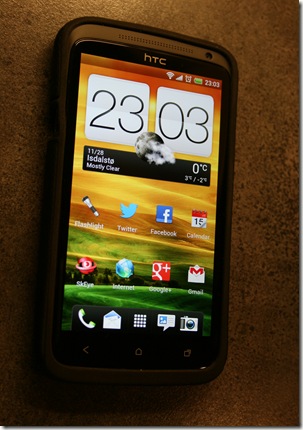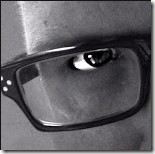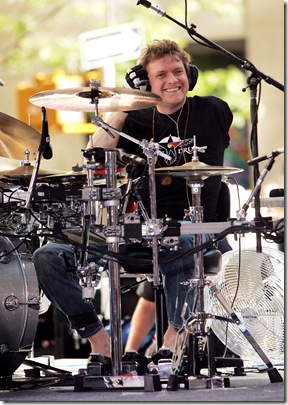My HTC Desire S unfortunately died last week – I will not go into details except to say that it couldn’t swim…
So, after a few days of getting by with a Nokia 6303i I found in a drawer, I received a new smart phone – this time a HTC One X.

Now, as some of you will already know, HTC uses the Android operating system, which is actually Google’s mobile platform. So, what does this mean? I’ll get to that in a moment, but I’ll start by saying that this thing seriously has the potential of being a highly effective little work tool which can really make my everyday easier by gathering information I already have available to me from various sources, cross-checking and combining it and presenting it to me in new formats that are compact, fast and easy to use. Also, the fact that it all fits on such a small device allows me to very easily bring it all with me wherever I go.

That said, now let’s talk about Google. Like I said, Android is Google’s mobile platform. And yes, that means they packed it full of Google’s own stuff and applications. Basically, I can run the whole thing from my Google account. Most services and applications can interact with each other as well as with my Google account (once I have allowed them to) – and yes, Google has taken it upon themselves to store all this data for me in a cloud somewhere, under terms that I agreed to when I first set up my account and/or subsequently added or linked more services to it.
Also, as most people who have been online for more than 5 minutes already know, Google likes to keep track of what you use, what you click, what you like and what you search for and use this info to determine which ads to show you and which services to recommend and so on. I have seen ads for Microsoft SQL Server Database Administration (my profession) tools and utilities show up on the side when looking up printable coloring pages online with my kids. I have seen ads for EVRY (my current employer) suddenly show up when I visited an astronomy page. Actually, this kind of thing happens to me on a pretty regular basis, so yeah, I guess Google must think they know me pretty well. And yes, of course, being able to also get into my smart phone and follow me around with GPS tracking and all gives Google even more possibilities to gather data about me.
When I got my new phone, I turned it on, signed it into my Google account and gave it a set of permissions to gather and use various data – and it didn’t take too long before the thing had my full contact list and personal dictionary exactly as they’d been on the HTC Desire S that couldn’t swim. It knew how to spell my kids’ names. It knew what songs I played on my Desire the week before last. All this was just magically pulled out of the cloud in a matter of seconds. And no, I really didn’t mind much. It was quite convenient for me at the time and although I did pause to think about it one more time, it really wasn’t news to me.
The net is a public place and stuff you don’t want other people to see shouldn’t be out there in the first place. It’s basically about as simple as that. I have thought these things through before and I’m actually quite picky about not doing or storing stuff online that I wouldn't like people finding out about me. So, no, I’m really not too troubled by what Google knows.
Some people think Google is really creepy. But let’s face it: If the KGB or the CIA or the Mossad or the Mafia decide they want to know something about Vegard Hagen, they won’t need me to have a Google account or carry a smart phone.





